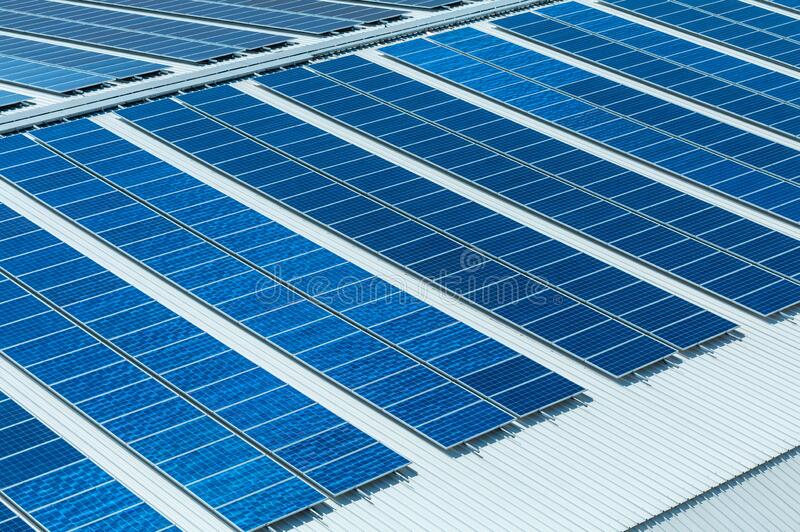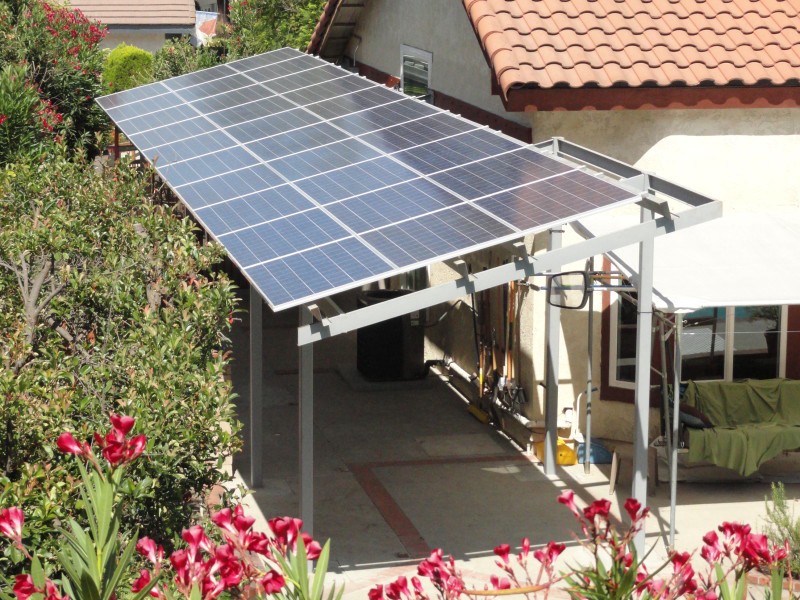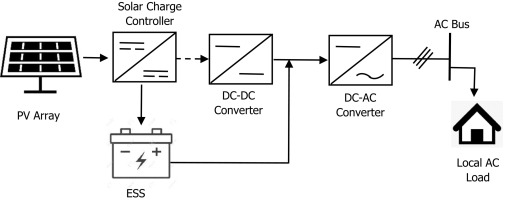
There are many financing options available to homeowners for solar energy financing. There are Home equity loans, leases and power purchase agreements, and tax incentives. These options give you the chance to save money while making a big impact on the world. Continue reading to find out more about the different financing options. Then choose the right one for you!
Home equity loan
The best way to finance solar energy investments is with home equity loans. They allow you to use the equity in your home to cover the costs of installing solar panel. This loan, also called a home equity credit, has lower interest rates than other solar loans. The tax incentives available to homeowners may offset the cost associated with solar panels.
These loans generally have a seven to twenty-year term, with interest rates that range from five to seven percent. The homeowner often gets a deduction on the interest they pay. Additionally, home equity loans are often paid off in one monthly payment.

Lease or power purchase agreement
A lease or power purchase arrangement is a great way for solar installation financing. This agreement offers many benefits to homeowners and businesses. It can be used to predict long-term electricity prices and maintain the system. Additionally, you will pay lower rates for a lease than you would to the utility. It may benefit both parties, depending on the terms.
A solar lease could be a good way to finance your solar power. It depends on the amount of solar energy that you need. The solar lease will require you to pay a monthly fee to the utility company or solar leasing company. The monthly payment to the solar leasing company or your utility is typically lower than the utility rate. Maintenance of the system is the responsibility of the lease company. If you no longer require the solar system, the lease firm has the option of removing it at the end.
Cash financing
Solar specific loans can be used to finance the cost of installing solar panels in your home. These loans come with low monthly payments and low interest rates. You can also get the same-as cash option to finance the homeowner's tax credits. These loans can be extended for up to 12 years with no down payment and often require a term of 12 to twenty years.
You may choose to apply for a personal loans depending on your circumstances and needs. A personal loan can be more beneficial than a loan from the bank depending on your financial situation. Personal loans do not require collateral, which is unlike solar loans. Personal loans also have a shorter term of repayment than solar loans. The payments may be higher, however.

Tax incentives
Tax incentives are one way to finance solar-energy systems. These are based on the total investment in solar energy systems, and can be worth as much as 26% of your total investment. There are many tax incentives that can be used to finance solar projects. You should speak with a tax advisor to determine your eligibility.
Additional credit may be granted by some states to purchase energy storage devices. These credits can also be used to finance the purchase of solar power systems that have energy storage. You can also transfer any credit that is not used into the following year. This will allow you to deduct an additional $2,500 in taxes the following tax year.